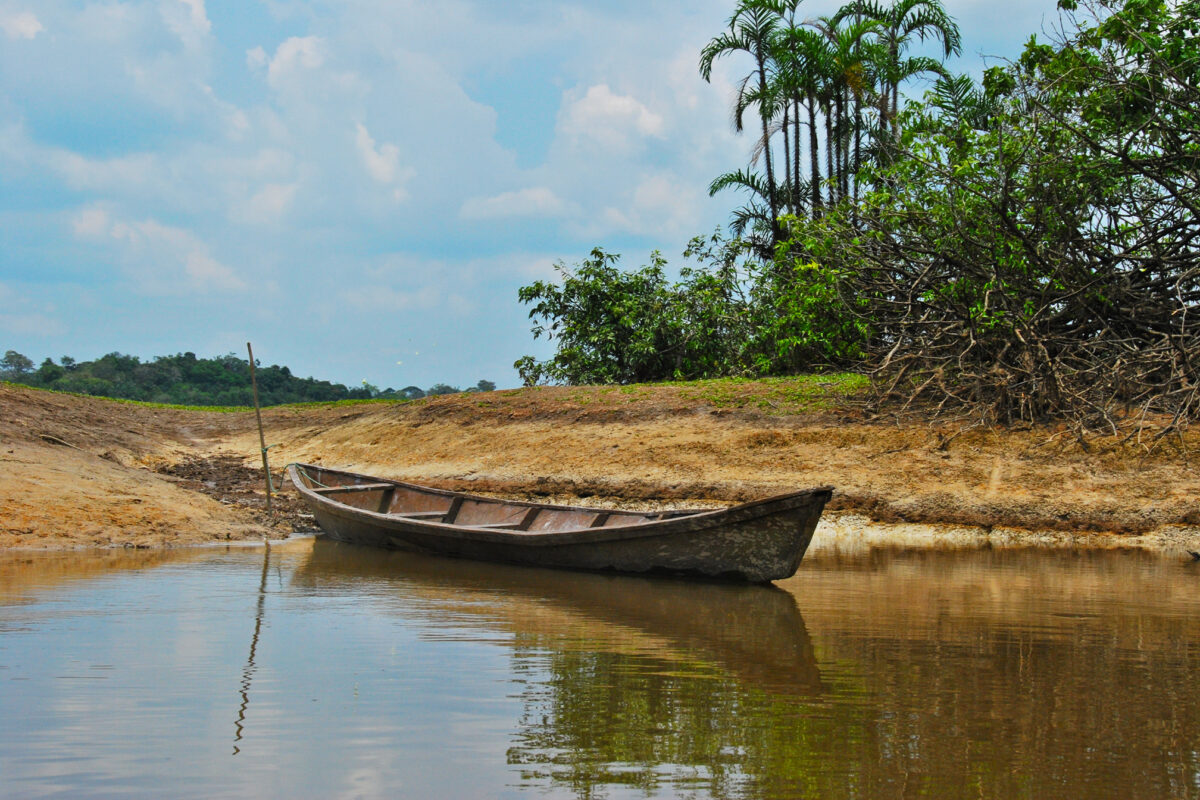A new report on the state of the world’s oceans paints a grim picture. The ninth annual Copernicus Ocean State Report finds “No part of the ocean is untouched by the triple planetary crisis, as pollution, biodiversity loss, and climate change are putting pressure on the ocean worldwide.”
The EU-funded report draws on decades of historical and current observational data as well as satellite measurements to create a resource for policymakers, scientists and citizens to more fully understand the challenges facing the world’s oceans.
“With all this information we can ensure that we are better prepared … to ensure that we can live with these situations which are evolving,” Karina von Schuckmann who worked on the report as senior adviser at Mercator Ocean International, told Mongabay at a press conference.
Ocean change
Global ocean temperatures are rising at unprecedented rates, and marine heat waves are intensifying worldwide. Sea surface temperatures have been increasing each decade since satellite records began in 1982. The northeastern Atlantic Ocean bordering Europe has been warming nearly twice the global rate at 0.27° Celsius (0.49° Fahrenheit) per decade since 1982.
Tropical regions of the North Atlantic, including the Caribbean and the Gulf of Mexico, experienced record-breaking marine heat waves in 2023; some areas were affected for up to 300 days. Polar regions are also seeing dramatic changes: Arctic sea ice is declining, and the Southern Ocean is warming and freshening, contributing to shifts in global currents.
At the same time, plastic is polluting every ocean basin and acidification is threatening endangered species and corals, the report finds.
Marine ecosystem change
Warming oceans are having a cascade effect on marine life. Rich coastal areas, fed by upwelling of cool, nutrient-rich, deeper water are shrinking while entire ecoregions are shifting toward the poles in search of cooler water. Invasive species that are better suited to warmer waters are moving in with disastrous consequences. In the Mediterranean, native clams completely collapsed in some areas as Atlantic blue crabs moved in and took over. Coral reefs and plankton communities are also under stress from rising temperatures and acidification.
Societal & economic change
Rising seas are increasing flood and erosion risks for Europe’s roughly 200 million coastal residents while many low-lying UNESCO World Heritage sites are at risk of flooding in the coming centuries. Globally, millions of people dependent on fisheries, tourism and aquaculture face growing risks.
Interconnected ocean
The report emphasizes the deep interconnectedness between ocean health, the climate and human well-being. Changes to ocean temperature and sea level are affecting where people can live and how they earn a living.
“The science is unequivocal: The ocean is changing fast, with record extremes and mounting impacts,” von Schuckmann said. “This knowledge is not just a warning — it’s a blueprint for restoring balance between people and the ocean.”
Banner image: A humpback whale diving in Alaska. Image by AP/ Brenda Rone/National Oceanic and Atmospheric Administration.














